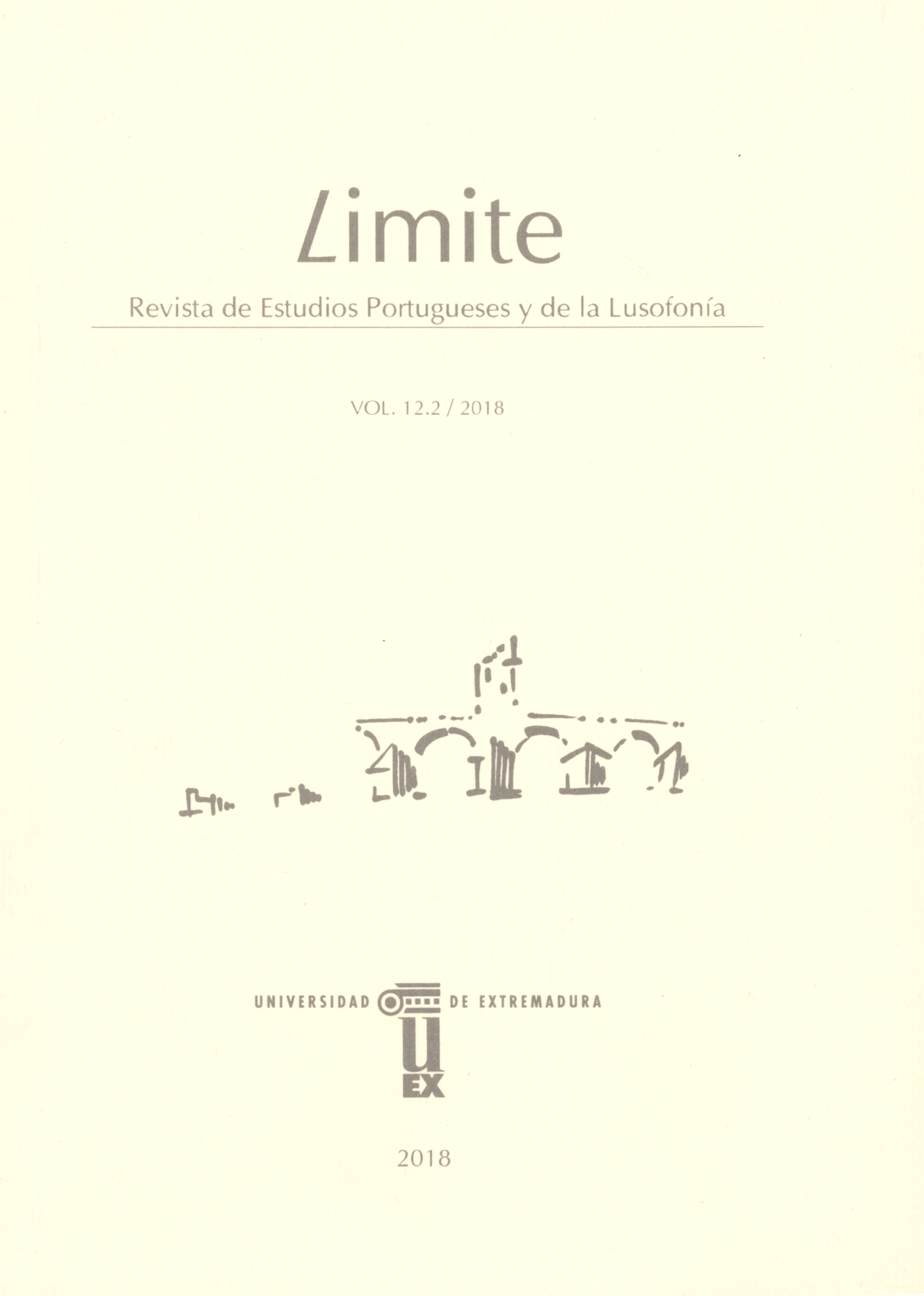A Myth of Maritime Traffic and the Misadventures of Ambition. The Phantom Ship or the Flying Dutchman
Keywords:
maritime legends, expansionist greed, Gothic imageryAbstract
The captain Frederick Marryat novel the Phantom Ship (1839) is,
perhaps, the text were, more at length, takes place the set of events,
adventures and disasters, which are known, according to a
configuration almost always legendary-mythical by the name of Ship
Ghost or as the Flying Dutchman. The most interesting aspect that the
romance of Marryatt has, however, lies not so much in its literary
dimension, which, for some more demanding tastes regarding the
canonical magnitude and acceptability, was weak, as that permanently
it crosses the cultural values based on religious, national and political
ideologies of the time referred to. Notwithstanding, the reservation of
critics, popular acceptance was great, as was the custom at the time, in
works that was...
References
Brito (1973 [1736]): Bernardo Gomes de Brito, História TrágicoMarítima, Lisboa, Afrodite.
Dias (1995): Dália Dias, “Sepúlveda, Deriva de Leitura e Outros Naufrágios”, Campinas, Est. Port. Afric., nº 25/26, pp. 5-19. Disponível em: http://revistas.iel.unicamp.br/index.php/epa/article/view/5448.
Eliade (s/d [1960?]): Mircea Eliade, O Sagrado e o Profano, Lisboa, Livros do Brasil.
Furtado (1980): Filipe Furtado, A construção do fantástico na narrativa, Lisboa, Horizonte.
Génette (1972): Gérard Génette, Figures III, Paris, Seuil.
Guerreiro (1997): Luís Ramalhosa Guerreiro, O grande livro da pirataria e do corso, Lisboa, Temas e Debates.
Jorge (2001): Carlos Jorge Figueiredo Jorge, Figuras do Tempo e do Espaço, Lisboa, Ulmeiro.
Lanciani (1979): Giulia Lanciani, Os Relatos de Naufrágio na Literatura Portuguesa dos Séc. XVI e XVII, Lisboa, Biblioteca Breve/Instituto de Cultura Portuguesa.
Lévy (1995) : Maurice Lévy, Le Roman «gothique» anglais 1764-1824, Paris, Albin Michel.
Mannoni (1969) : Octave Mannoni, Clefs pour l'imaginaire ou l'autre scène, Paris, Seuil.
Margarido (1977) : Alfredo Margarido, “La multiplicité des sens dans l´écriture de Fernão Mendes Pinto et quelques problèmes de la litterature de vayages au XVIe siécle”, Paris Arquivos do Centro Cultural Português, Gulbenkian, 159-199, vol. II, parte I, Lisboa, Gradiva/Público.
Martins (2011): José Cândido de Oliveira Martins, “História Trágico Marítima” pp. 10-16, in Vítor M. Aguiar e Silva (Org.), Dicionário de Luís de Camões, Lisboa, Leya.
Marryat (2018 [1839]): Capt. Frederick Marryat, The Phantom Ship – A Gothic Novel, USA/, Middletown, DE/Amazon.
Pinto (1989): Fernão Mendes Pinto, Peregrinação, vols. I e II, Lisboa, Afrodite.
Praz (1977[1966]) : Mario Praz, La chair, la mort et le diable dans la littérature du XIXe siècle, Paris, TEL/Gallimard.
Ribeiro (1992): Aquilino Ribeiro, Portugueses das Sete Partidas, Lisboa, Bertrand.
Saraiva (1996): António José Saraiva, Para a História da cultura em Portugal, 2 vols., Lisboa, Gradiva.
Spooner (2006): Catherine Spooner, Contemporary Gothic, Londres, Reaktion Books.
Todorov (1970a): Tzevetan Todorov, "Introduction", in Histoires de Fantômes de Henry James (edit. bilingue), Paris, Aubier/Flamarion.
Todorov (1970b): Tzvetan Todorov, Introduction a la littera-ture fantastique, Seuil, Paris.
Vax (1979): Loouis Vax, Les chefs-d'oeuvre de la litterature fantastique, Paris, PUF.
Downloads
Published
Issue
Section
License
Los derechos de los artículos publicados en esta revista son los que establece por defecto el Servicio de Publicaciones de la Universidad de Extremadura. Poseen una licencia de Creative Commons CC BY 4.0. Puede consultar la licencia en: Creative Commons
La política de acceso abierto de la Universidad de Extremadura acepta los principios del movimiento de acceso abierto y la declaración de Berlín. Por ese motivo, los autores aceptan que los artículos publicados se recojan en el repositorio DEHESA de esta universidad.
El autor del artículo puede publicarlo libremente en otros medios siempre que refiera esta revista como la depositaria del texto original.



